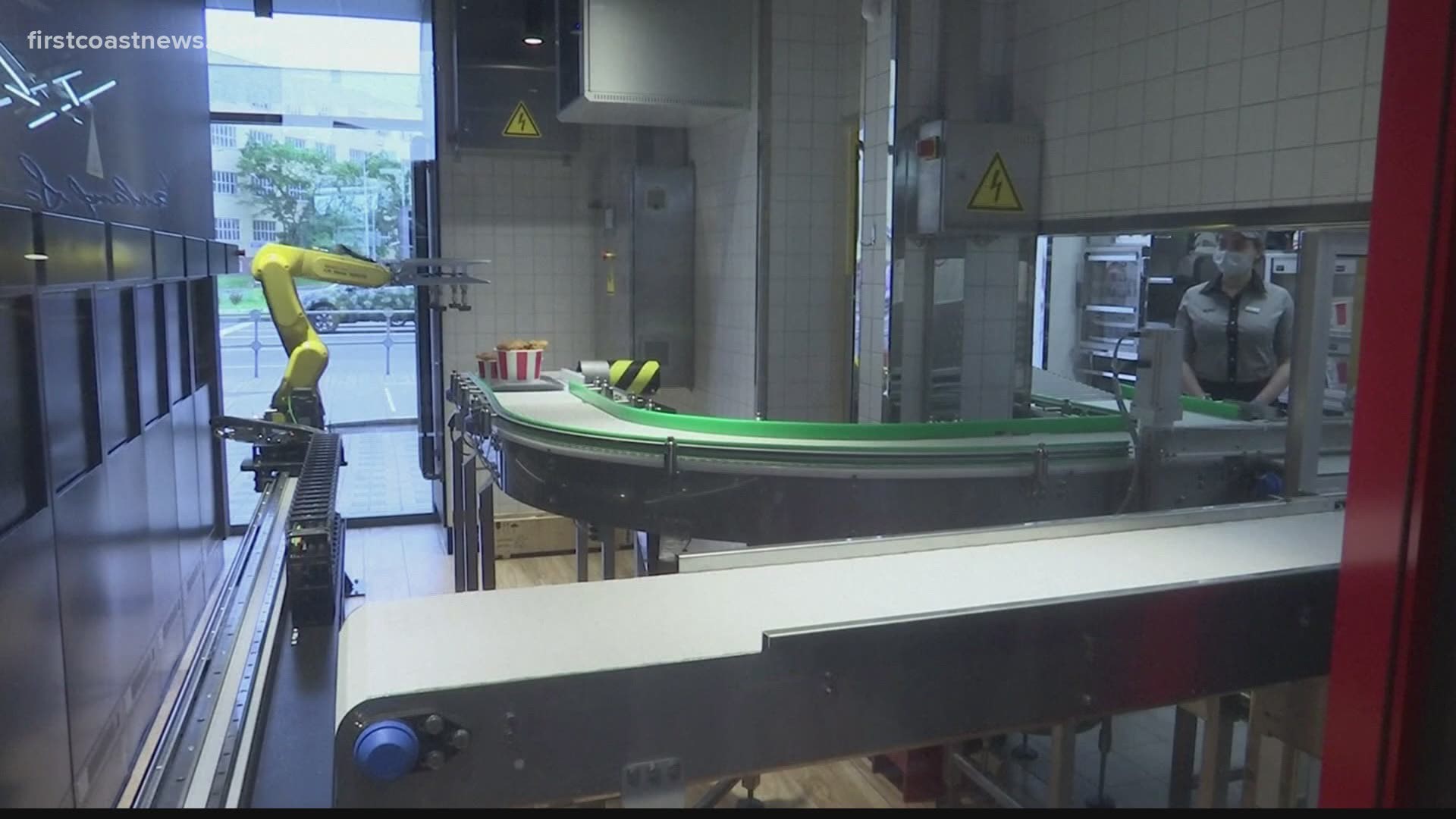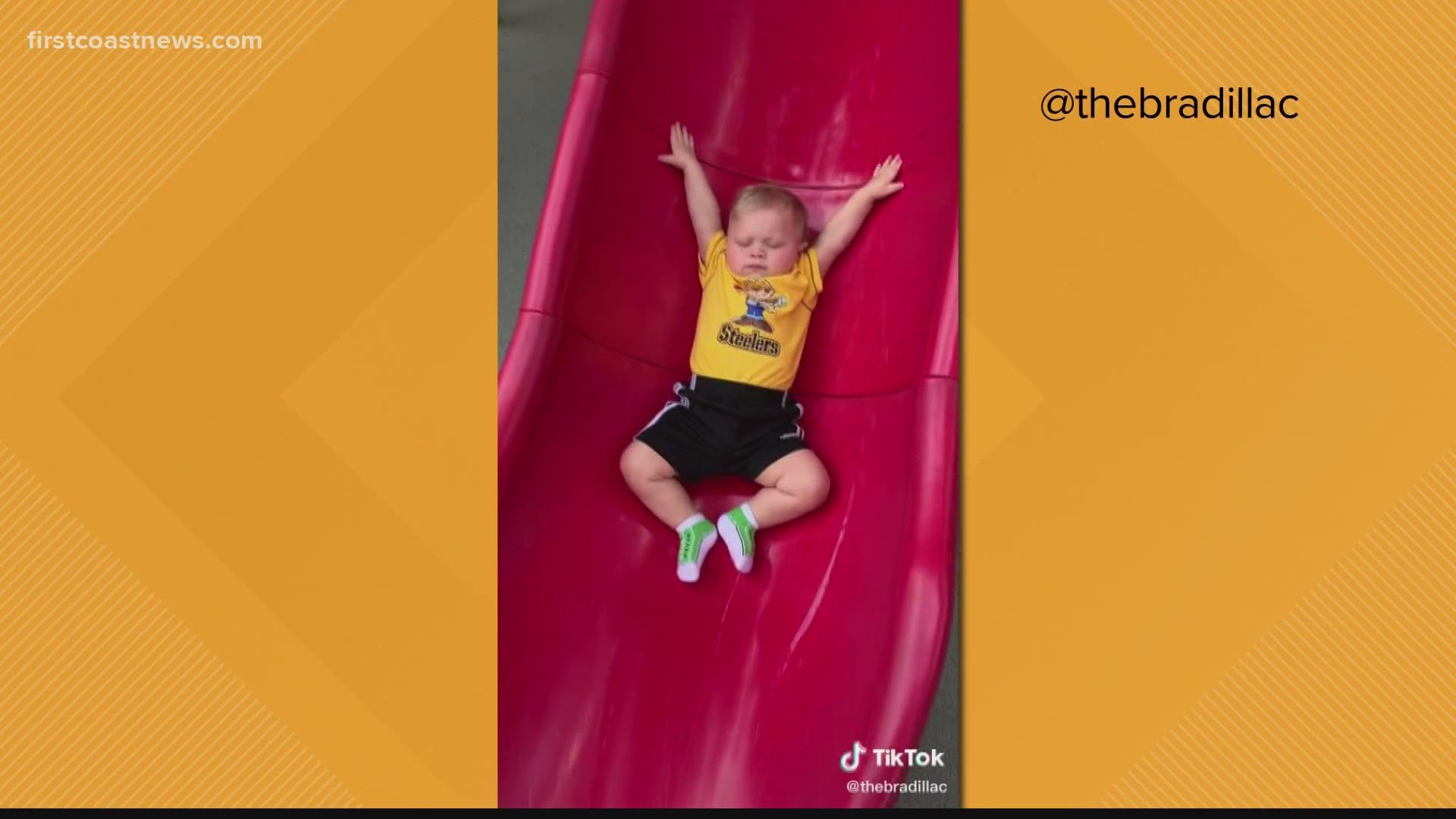From burger-flipping to coffee brewing, robots have already found their place in the food industry. But how long before they take over?
Fast-food chain Kentucky Fried Chicken has unveiled what restaurants could start looking like in the near future.
Here’s the Buzz: The new high-tech KFC store in Moscow, where customers and employees barely interact, makes it more sanitary to order food and curb the spread of COVID-19.
Once the food is cooked, a robotic hand puts the order into a secure box, which can be opened by a code given to the customer.
The customer then pays with their bank cards or uses face recognition with services similar to Apple Pay.
A KFC representative tells NBC News the no-contact location was built before the pandemic but has come in handy as Moscow slowly reopens.
Who knows, this method could be used someday around the globe.
National coin shortage
The coronavirus pandemic has caused shortages of many household items such as toilet paper, hand sanitizer and meat.
But now, the nation is facing a coin shortage, according to the federal reserve.
Here's the Buzz: Since March, coin deposits from banks to the Federal Reserve have declined significantly.
Due to concerns of the virus spreading by cash and credit cards, most businesses have switched to contactless payment systems.
Federal Reserve Chair Jerome Powell told USA Today the flow of funds through the economy has slowed down, with the partial closure of the economy.
“We are working with the Mint and the Reserve Banks and as the economy re-opens we are starting to see money move around again,” Powell said.
With little use of pennies, dimes, quarters and nickels, it’s unknown how long the shortage will last.
Staying safe at restaurants
Yelp is adding a new to help you stay safe during a night out amid the pandemic.
Here’s the Buzz: The online review site is adding a section to restaurant pages for COVID-19 safety information.
Owners can note safety measures like mask requirements for customers and workers or sanitation practices.
A call for more corporate diversity
Google has set a new goal for more diversity in its company as protests regarding police brutality against African Americans have carried over into discussions about corporate culture.
Here’s the Buzz: Google’s CEO says by 2025, the company aims to have 30% more of its leaders be from underrepresented groups.
Currently, about 96% of Google's U.S. executives and managers are White or Asian, and 73% globally are men.


